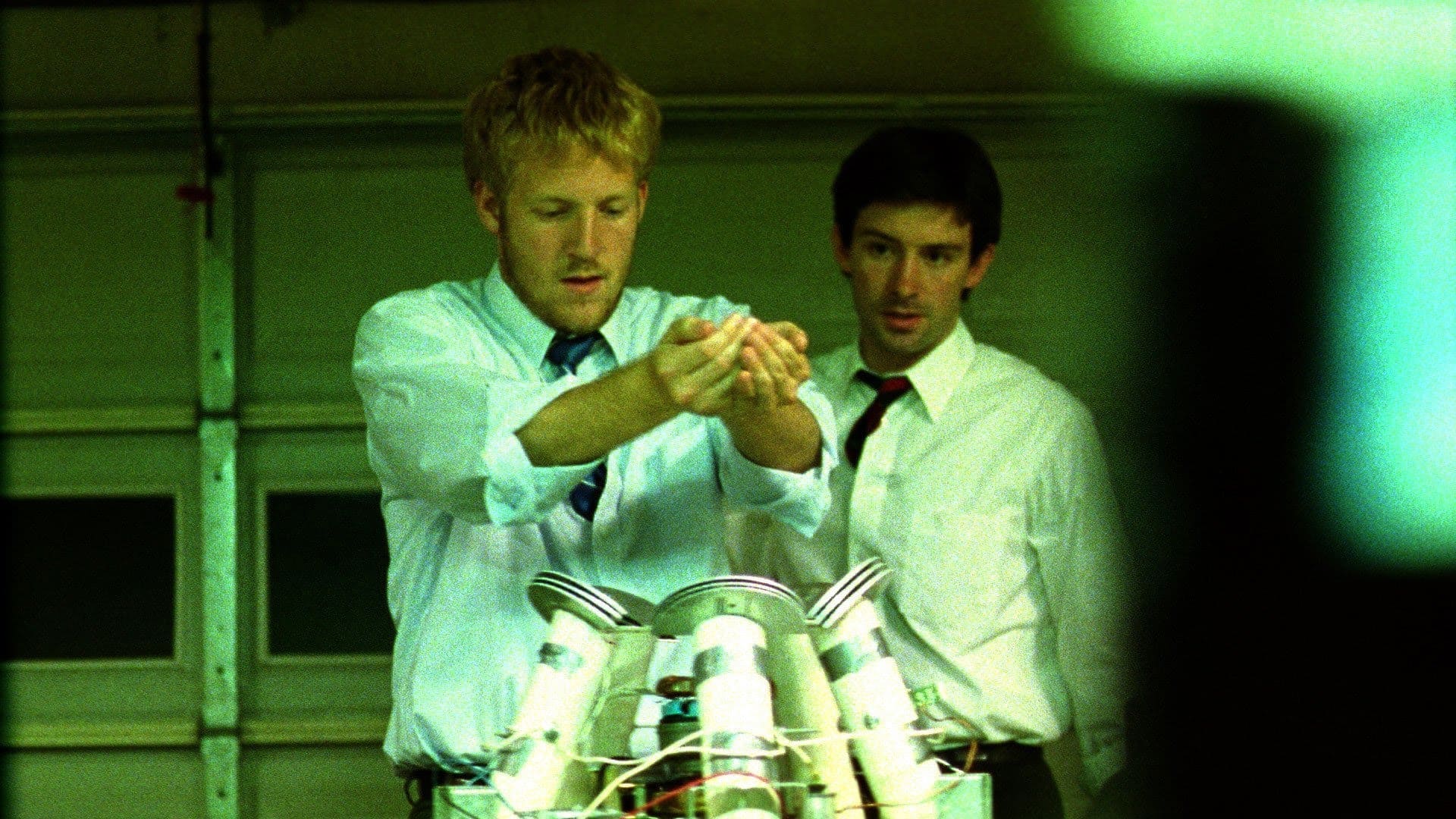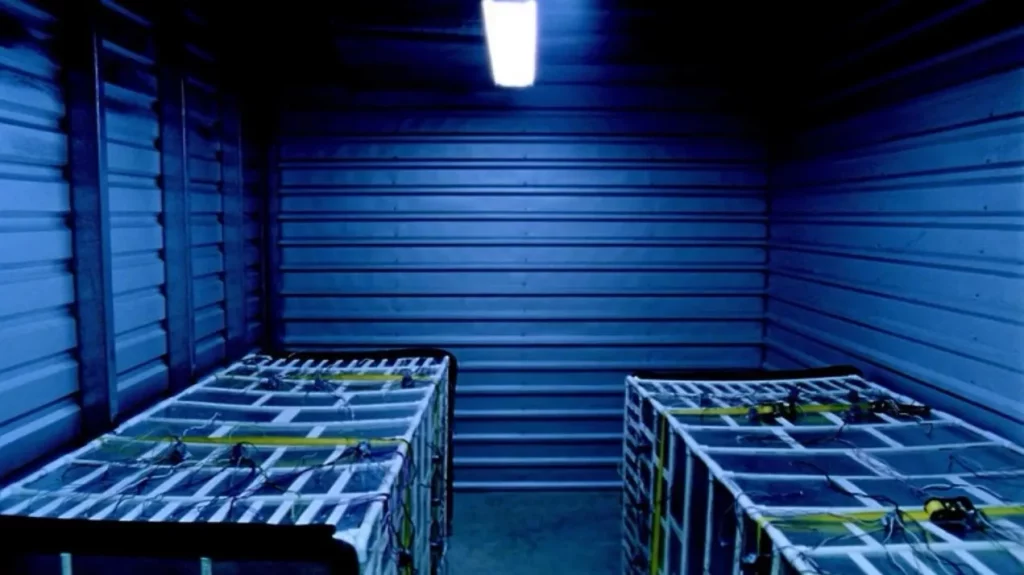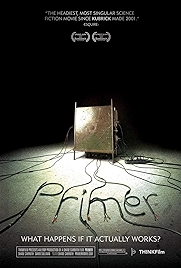Primer is the mumblecore sci-fi movie par excellence, if you can use a high-falutin term like par excellence with a film-making ethos as meat and potatoes as mumblecore.
The writer and director Rian Johnson reckons it’s the best time travel movie ever made, and when he was sketching out ideas for Looper sent them to Shane Carruth, Primer’s writer/director/star/composer/producer/editor/production designer/sound designer (and probably a few more roles besides).
Carruth reckoned Johnson had got his time paradoxes and causalities all wrong, which he may well have done. Looper is fairly hard to follow in terms of what happened to which version of a certain person in which timescape, but Primer ties Looper’s comparatively simplistic logic in knots.
Plot? No, hang on. You need to know this movie was made for $7,000, by someone who’d never made anything before, was in fact a software engineer (which might explain the film’s dweeby techiness) and had taken a job as a microphone operator while he was writing Primer just to try and nail down a few of moviemaking’s basic procedures.
The plot actually mimics the film’s genesis. A bunch of guys are trying to invent something in the field of tech and are in the “Steve Jobs and Bill Wozniak in the garage” stage of their entrepreneurial journey, working with nothing, hoping a venture capitalist will come along and finance the next stage of their project, but mostly sweating over technical details, fixing stuff that’s gone wrong, having theory-level debates about the ramifications of what they’re doing, plus the odd beer-and-pizza moment of light relief.
That long sentence reflects the way Carruth drops us in to the world of Aaron (Carruth) and Abe (David Sullivan), Robert (Casey Gooden) and Phillip (Anand Upadhyaya), four guys who stare hard at things, trade jargon-laden sentences and who probably don’t wash as often as they should.
And then two of them, Abe and Aaron, hit on something unexpected. They invent a time machine, by accident, and decide to tell no one about it, not even the other two guys, who essentially disappear from the story at this point (which is handy because Upadhyaya is also the film’s camera operator).
From here things enter the things-going-terribly-wrong/magically-right territory of dramatic jeopardy. Should the guys go into the future and bring back the winning lottery numbers? Or play the stock market? What if they bump into themselves in the future? Or, more to the point, will just existing in the future – even on the lowest of downlows – warp the fabric of causality? And what role for free will in this scenario of predestined futures? Or pasts?
It gets complicated, and at times beyond complicated, and Carruth doesn’t pretend it isn’t. A couple of the conversations Abe and Aaron have are worth replaying a few times, just to disentangle the paradoxes. Good luck.
Seven thousand dollars doesn’t buy a lot of screen gloss. It doesn’t buy any, in fact, but Carruth turns this to his advantage. This is a grungey tale of spoddy guys getting into gnarly adventures and the texture of 16mm film and the use of available light – yukky fluorescents indoors, daylight and street lights outdoors – lends it an authenticity which otherwise only a gigantic Denis Villeneuve-level budget could achieve.
It’s the best no-budget sci-fi movie ever made, surely. Simple, profound, unafraid of hard sci-fi conceptualising and yet, ultimately, turning on old fashioned concepts like integrity, honesty and human decency. Abe and Aaron wrangle over ethics as much as physics.
You can see an influence on Safety Not Guaranteed, the comparatively big budget indie hit directed by Colin Trevorrow and written by Derek Connolly, both of whom have since gone big time (Jurassic World for both of them). Carruth not so much. He’s made one movie since, the bizarre and more wilfully obscure Upstream Color, from 2013, and started and stopped work on several more. Drums fingers.
Primer – Watch it/buy it at Amazon
I am an Amazon affiliate
© Steve Morrissey 2022


